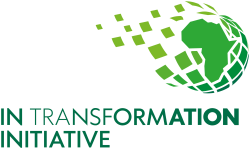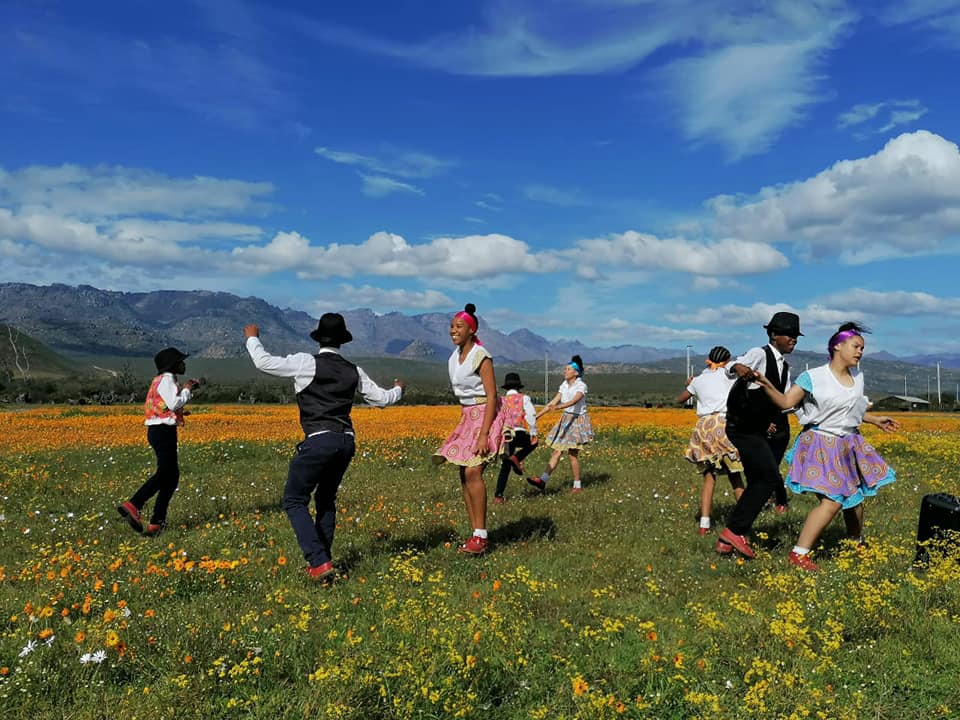“If people take hands, they cannot point a finger.”
These were some of the words by Jan Oosthuizen, Convenor of the Clanwilliam Development Partnership, in an interview with ITI about the recent activities undertaken by the partnership.
The Clanwilliam Development Partnership is a non-partisan cross-sectoral platform, created to mobilise joint action around development projects in the town of Clanwilliam in the Western Cape. The partnership stems from several community led meetings held during 2019 and 2020, as well as the Clanwilliam Improvement Association (CIA), which was formed on 10 December 2020. This partnership explored the possibility of forming a broader community all-inclusive collation and collaboration social compact. The CIA committed to focus on efficient governance, inclusive economic development, and relevant skills development.
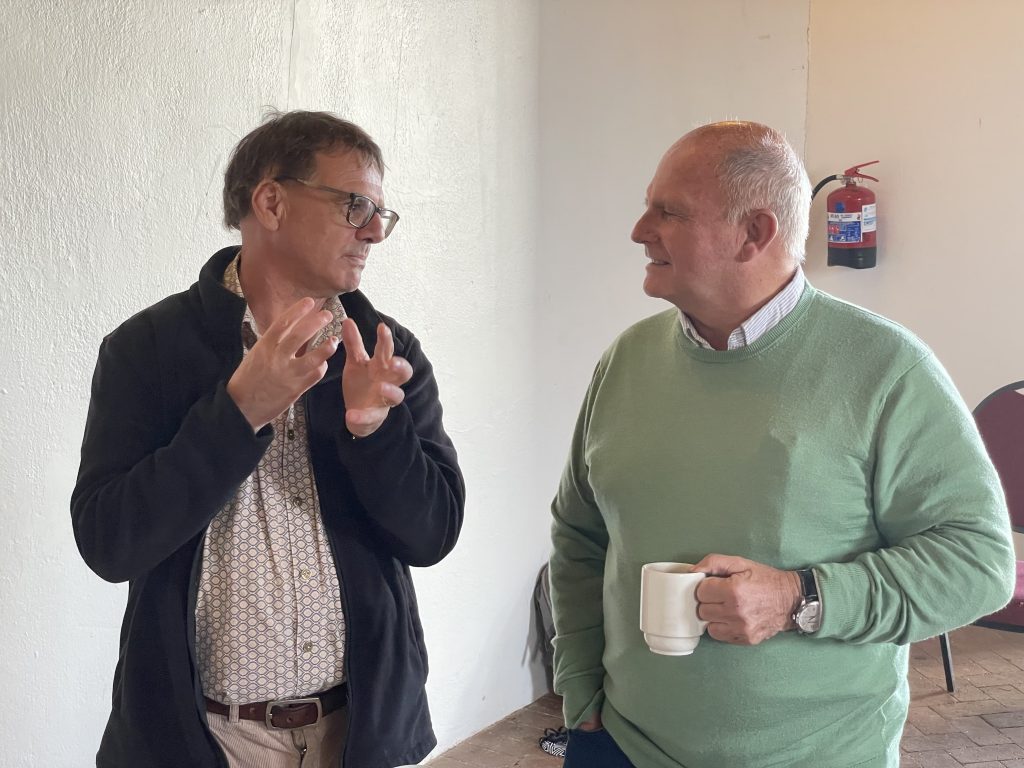
The partnership was formally established following a two-day workshop hosted by Deon Snyman at the Goedgedacht Farm in June 2021, where a cross section of key-leadership came together with the support of Prof Nick Binedell, Andrew Boraine, Dr Ruben Richards and Prof Deon Pretorius, to develop and implement a strategy aimed at addressing the challenge of rapid urban sprawl in Clanwilliam, which has proven too immense and complicated for organisations to solve independent from each other.
The partnership consists of a broad spectrum of stakeholders, including the Cederberg Municipality, Rooibos ltd., Khayelitsha Residents Committee, KKPP, Changemakers-HUB, Clanwilliam Business Chamber, Clanwilliam Community Police forum, Namakwaland Citrus, John Mountain, and the Ruben Richards Foundation.
According to Oosthuizen, cooperation between interested and affected people and groups is vital if the problems in Clanwilliam are to be addressed coherently. Moreover, he emphasised that trust, inclusion, and constructive collaboration form the basis of the Clanwilliam Development Partnership. One holds the Local Municipality accountable by involvement not criticism. The early involvement and willingness of the Cederberg Municipal leadership to form public external partnerships has been vital to the CDP’s success.
What makes this partnership unique, is its ability to bring people together, despite the country-wide lockdowns and restrictions. Oosthuizen noted that “Covid-19 actually brought our community closer”, since it stimulated collaboration between community leaders, churches, and civil society.
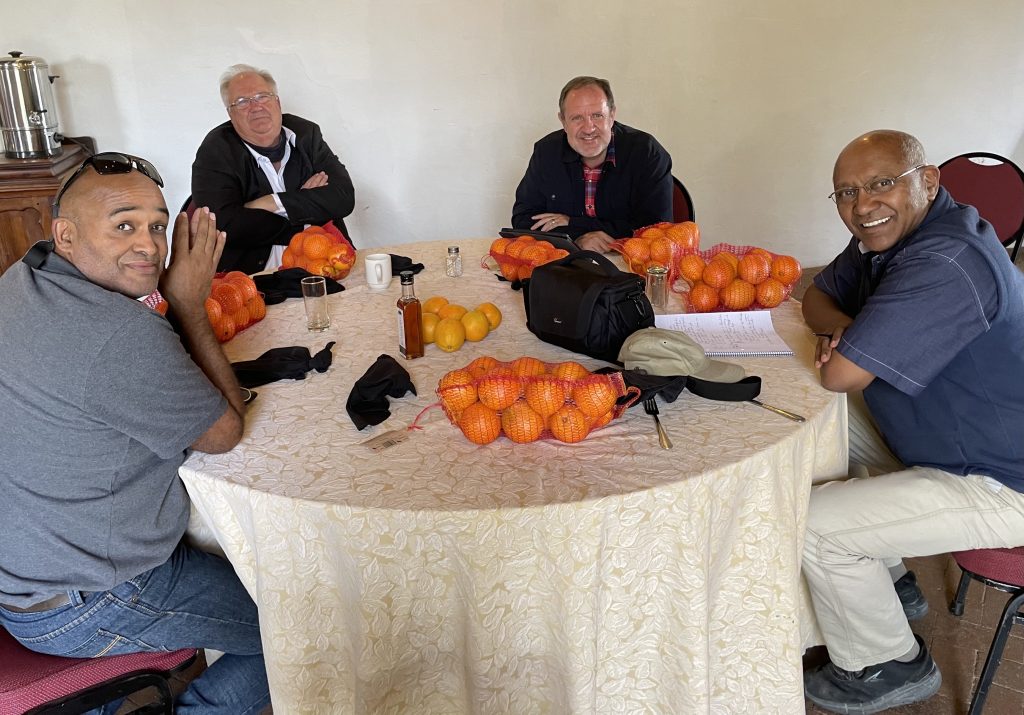
Photo credit: Andrew Boraine
It was under these restrictions that collaboration, between the different sectors of the community really came to the fore through food relief programmes, administered through eight of the key churches in the community. He further noted that food drives and distribution initiatives like those in the town, really made it possible for trust to be built in the community. Along with this, meaningful relationships across pollical, sectoral and even religious lines, between concerned individuals in the community were established. “This was key in bringing the community closer together,” Oosthuizen said.
One pivotal event, Oosthuizen recalls, that specifically contributed to the building of trust in the community, was when, a few years ago, Clanwilliam was experiencing a severe five-year drought and the town came together to pray. “I think as a town, something magical happened where we recognised that if people take hands, they cannot point a finger and I think this has been the basis of what we try to do through the partnership”.
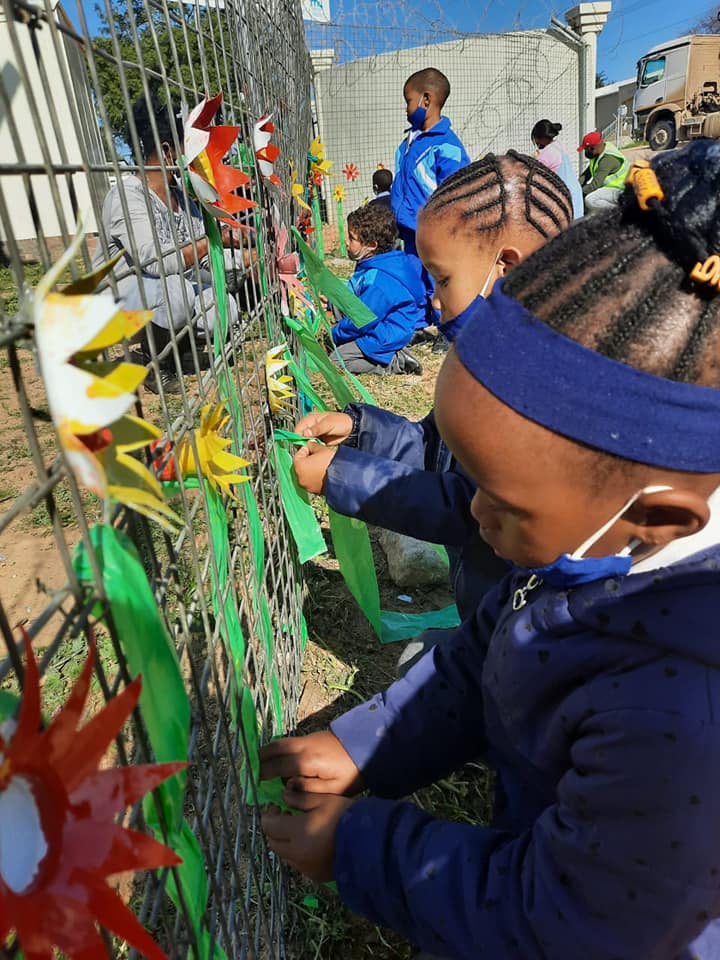
Photo Credit: Clanwilliam Development Partnership Facebook Page
According to Oosthuizen, one of the most important behind the scenes successes, following the Goedgedacht workshop and the establishment of the Development Partnership, has been one of the attendees (Team Leader Technical Services Cederberg Municipality) Phemelo Majeni’s work with the Western Cape Human Settlement Department of the province to assist with access to basic services and relocation from Old Kaapse Weg Road reserve for Khayelitsha’s 1700 informal dwellers. The formal processes have commenced, and intervention planned to be completed within the next 6 months.
Another success, which is a more noticeable one, is the recent Clanwilliam Wildflower Festival, held between 27 August and 5 September 2021. For this festival, the flower association, local schools, the business chamber, the tourism sector of Clanwilliam, restaurants, local businesses, local people, churches came together.
The premise of the event was also altered to widen the scope thereof. “Instead of having a flower show in one building, which has historically been Clanwilliam’s biggest event, we held a festival for two weeks, across the whole town,” Oosthuizen explained.
This caused a positive tourism and economic boost in the town, which many local businesses, artists, and performers, as well as small and informal enterprises, benefitted from.
To make the festival as inclusive as possible, several open-air events were organised by the partnership to promote local dancers, artists and performers, with small informal entrepreneurs providing catering for main events in addition to established restaurants.
The slogan of the event, “It is Time for Clanwilliam to Bloom”, was used to inspire the people of this town, who have also had to bear the brunt of Covid-19 over the past year and a half. A Flower Extravaganza was held during the same time as the Wildflower Festival and all community members were encouraged to “bloom”, by showing off their talents.
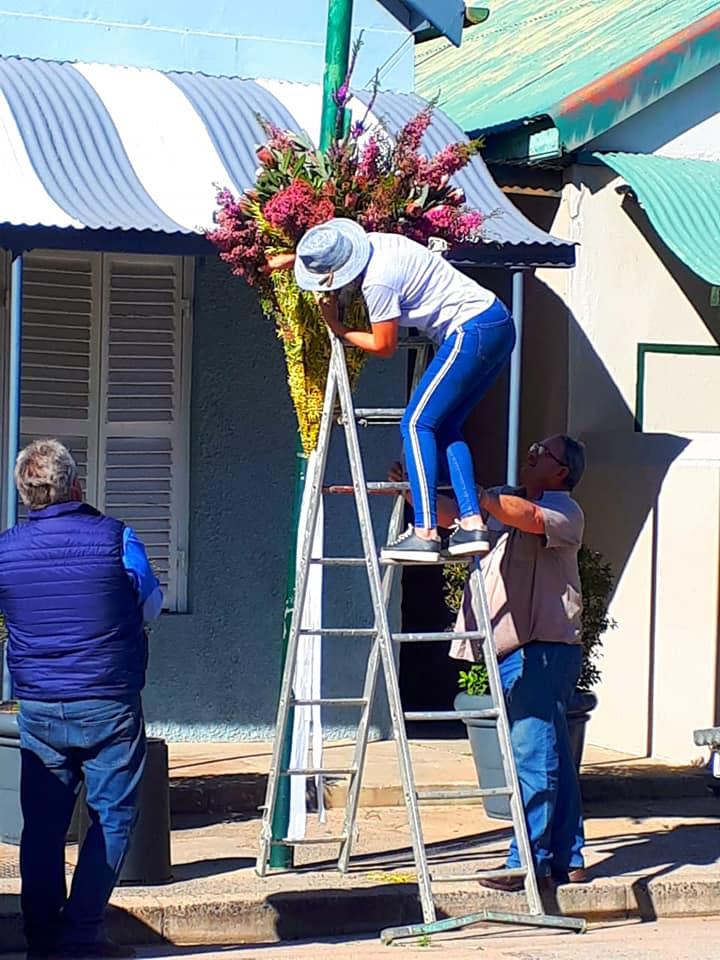
Photo Credit: Clanwilliam Development Partnership Facebook Page
According to the Facebook page of the Clanwilliam Development Partnership, stakeholders in the community headed the call to become involved in the activities of the Wildflower Festival, with businesses beautifying their buildings, schools participating in clean-up projects and the creation of land art projects throughout the town.
The initiative further asked community members to steer the festival along five guiding rules: keep our town clean; keep our dam clean; do not speak ill of anyone; and report crime.
“I think the success of the festival has created a desire amongst the community that we actually continue with these initiatives and show other successes in the community,” Oosthuizen said.
Another more noticeable success of the partnership is the refurbished gatehouse of the Clanwilliam Dam Resort entrance by the Clanwilliam Aquatic Club. With the financial support of the Aquatic Club members R300 000 was spent to upgrade the dam entrance, local building supply business gave products at costs price, ChangemakersHub beautified the garden and donated the fountain, Municipal officials and volunteers helped too and an informal food trader provided catering for the VIP’s during the opening event.
“We were really trying hard to be as inclusive [as possible],” said Oosthuizen when referring to the option to use informal local food traders for events. “We are not perfect, you know, but at least everyone can benefit from the initiative.”
Since the establishment of the partnership, additional sectors in Clanwilliam have now also come to the table. Convenors of the partnership, including Oosthuizen, Dr Ruben Richards, Maxwell Heins and Michelle Korevaar have been continuing to include more and more key stakeholders, like the local Schools, Indigenous Sederberg Khoe & San people, and the Local Farmer/producer Unions, Youth, Local Artists, Restaurants and NGO’s, and will continue to lobby greater cohesion and inclusion.
Particularly, the farming sector has also begun to show more interest in supporting the partnership and prospective initiatives, including one of the largest farming enterprises in the area, Suiderland Farms. They will be involved in supporting upcoming projects, such as an Employee Development Centre, and renovating the Local Police Station.
Currently, the partnership is supporting ChangemakersHub in partnership with the Cederberg Local Municipality in an ecobrick project. The ecobricks, which is a form of plastic recycling used to create green spaces, will be used to build a legacy garden, which will subsequently serve as a monument or photo spot. The legacy garden will further serve as a “little open-air area for future concerts” creating an inclusivity model, #LeaveNoOneBehind when it comes to the broad framework of the Circular Economy while eliminating harmful not recyclable waste from our town.
For Oosthuizen, the sustainability and forward momentum of the partnership and the community’s involvement is dependent on regular engagements and keeping all stakeholders informed. “All the meeting minutes, the decisions we make, we try to put on every platform we can think of and share it with as many people to sustain and build greater synergy,” he stated.
Moreover, Oosthuizen noted that even international agencies involvement is helping to strengthen the partnership. The the Cederberg Municipality is part of the Swedish International Centre for Local Democracy’s (ICLD) Leadership in Local Governance training programme, towards helping Municpalities become more equitable, participatory, transparent and accountable. Andries Titus (Acting Municipal Manager), Maxwell Heins (Ward 3 Consellor) Shirley-ann Mouton (Housing Officer) and Jan Oosthuizen (Civil Society) is part of this year Program.
Deon Pretorius, a professor of Sociology and Development Studies, is a mentor of the Leadership in Local Government programme, which aims to improve local governance through a Morpho-genesis Social (collaborative) Development approach. Prof Pretorius provides guidance to the programme teams to ensure they work consistently and coherently and providing training to key-leaders in Municipality, and community.
Oosthuizen credits Prof Pretorius, other academics such as Prof Nick Binedell and Andrew Borrain, as well as the Cederberg Municipality’s own Municipal Manager, Mr Andries Titus, who is a part of the ICLD’s training programme, for giving the partnership “momentum and wisdom”.
It is with the support of these mentors, key stakeholders in business, local government, and civil society, as well as the commitment of different sectors in the community, that the partnership’s initiatives and vision to develop a desired future for a stable and prosperous Clanwilliam, that is economically viable for all its residents, can be sustained.
Video credit: Arthur Gilles/Cederberg ClickClick Facebook Page
